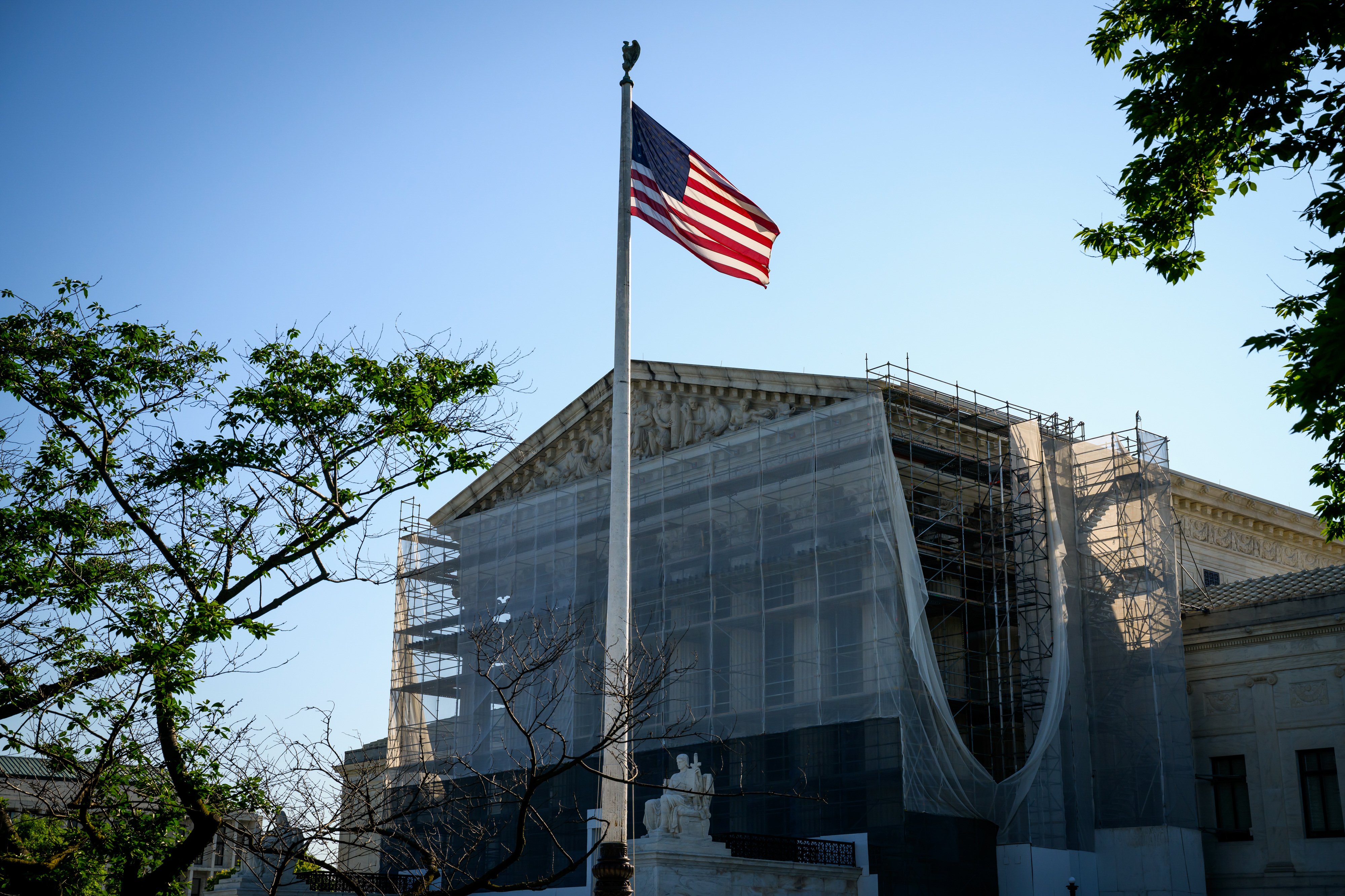'We felt like our backs were up against the wall' – the cycling clothing company taking on Trump's tariffs
Terry Precision Cycling, along with other small businesses, will attend the Supreme Court on Wednesday


On Wednesday, a women’s cycling clothing company, alongside other small American businesses, will challenge the Trump administration's tariffs in the Supreme Court, over concerns that increased costs to their businesses may become unsustainable.
Terry Precision Cycling has been in business for more than 40 years, specialising in women’s cycling gear, from bright jerseys to specially designed saddles. While based in Vermont, its supply chains stretch globally: the materials they use to make their cycling shorts are sourced from France, Guatemala and Italy, and manufactured in the U.S. Its jerseys are made in China, with specialist materials not found outside the country.
As tariffs for China oscillate (they have so far ranged from 145% to 20%), the company’s costs have been impacted. As a small business, these have been transferred to the customer, with their cycling shorts increasing in price by $50.
“We felt like our backs were up against the wall,” the company’s president, Nik Holm told The Independent, about why he joined the lawsuit.
The companies set to challenge the tariffs on Wednesday range from a Pennsylvanian fish-tackle maker to a plumbing supply company in Utah - all small businesses impacted by President Donald Trump's tariffs.
Terry Precision Cycling is made up of around 20 employees led by Holm, who took over the company from founder Georgena Terry after the boom and bust of the Covid pandemic shook the outdoors market.
Having emerged from the uncertainties of the pandemic, the company is now facing sweeping tariffs that are projected to collect $3 trillion from businesses over the next ten years, according to the Congressional Budget Office.
The latest race content, interviews, features, reviews and expert buying guides, direct to your inbox!
It is a lawsuit that has attracted the furore of President Trump, who has suggested that he may attend the arguments himself, calling it: “One of the most important cases in the history of our country because if we don’t win that case, we will be a weakened, troubled financial mess for many, many years to come.”
What the Supreme Court will decide is hard to predict, with three of the judges appointed by the president, and a ruling in the favour of the businesses potentially costly to the government. With the public’s bills expected to rise by $2,000 this year according to the Yale Budget Lab, the hearing, if the ruling falls the right way, could force the American government to backtrack on a central part of their controversial 'Big Beautiful Bill'.
For Terry Precision Cycling, their clothes were about getting women on bikes, in clothes that were affordable, comfortable and fashionable.
“If it becomes so unaffordable for them to do it, less can enter into that joy, that freedom of being on a bike,” Holm said. “It was about surviving this uncertainty.”

Meg is a news writer for Cycling Weekly. In her time around cycling, Meg is a podcast producer and lover of anything that gets her outside, and moving.
From the Welsh-English borderlands, Meg's first taste of cycling was downhill - she's now learning to love the up, and swapping her full-sus for gravel (for the most part!).
You must confirm your public display name before commenting
Please logout and then login again, you will then be prompted to enter your display name.